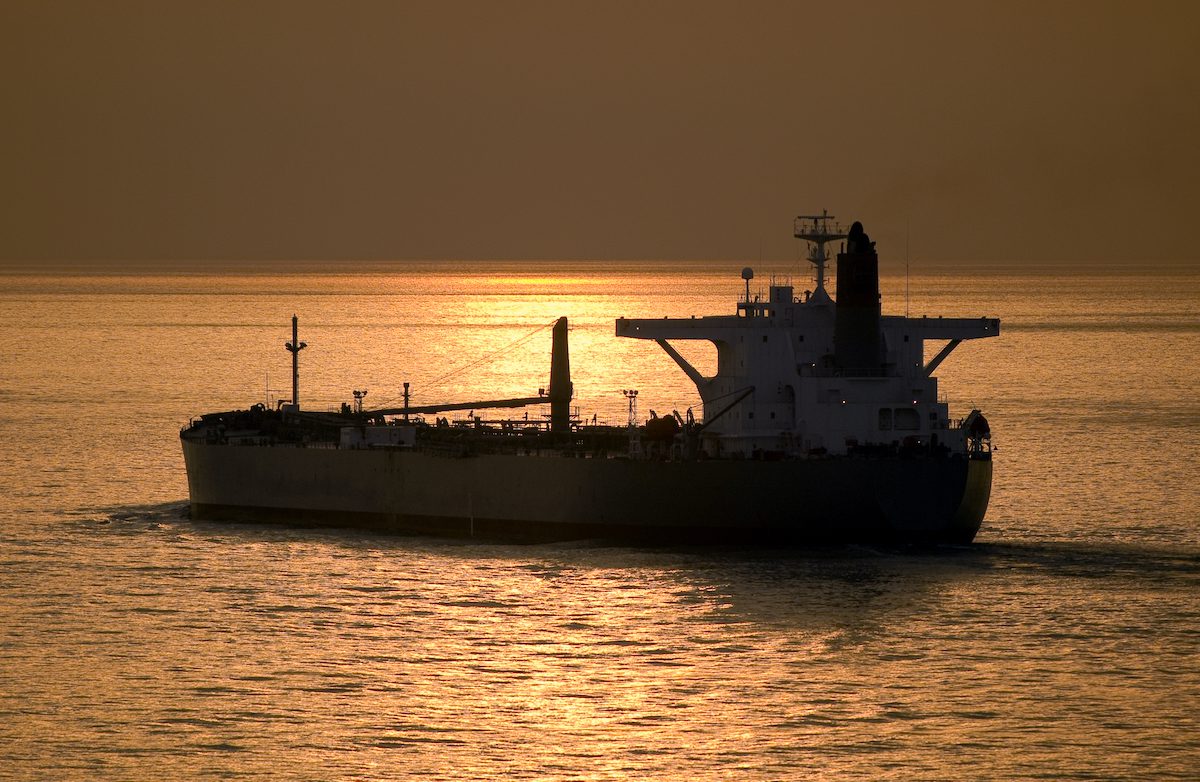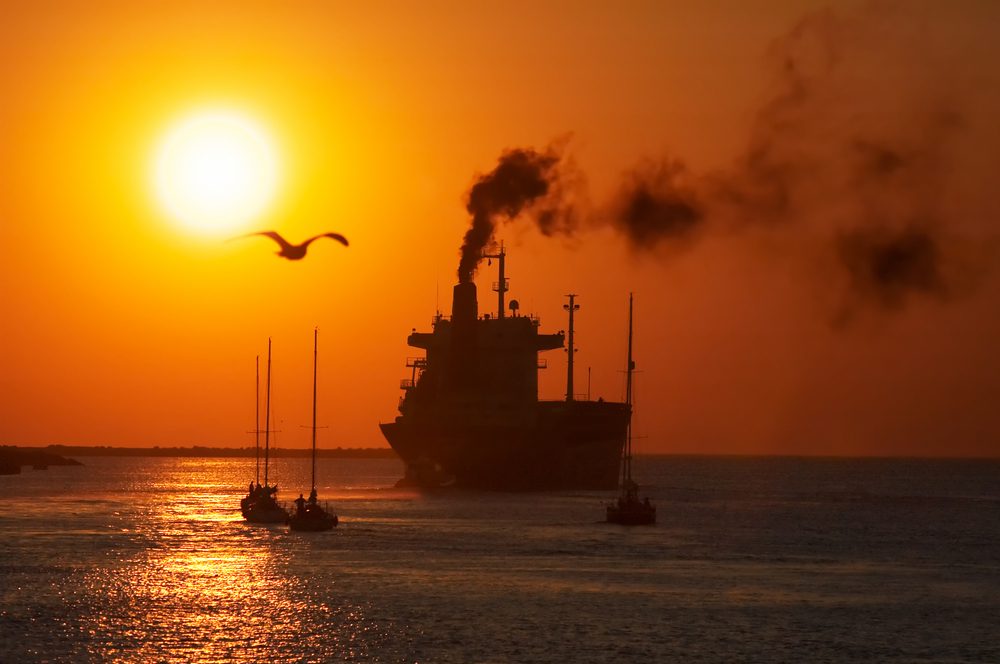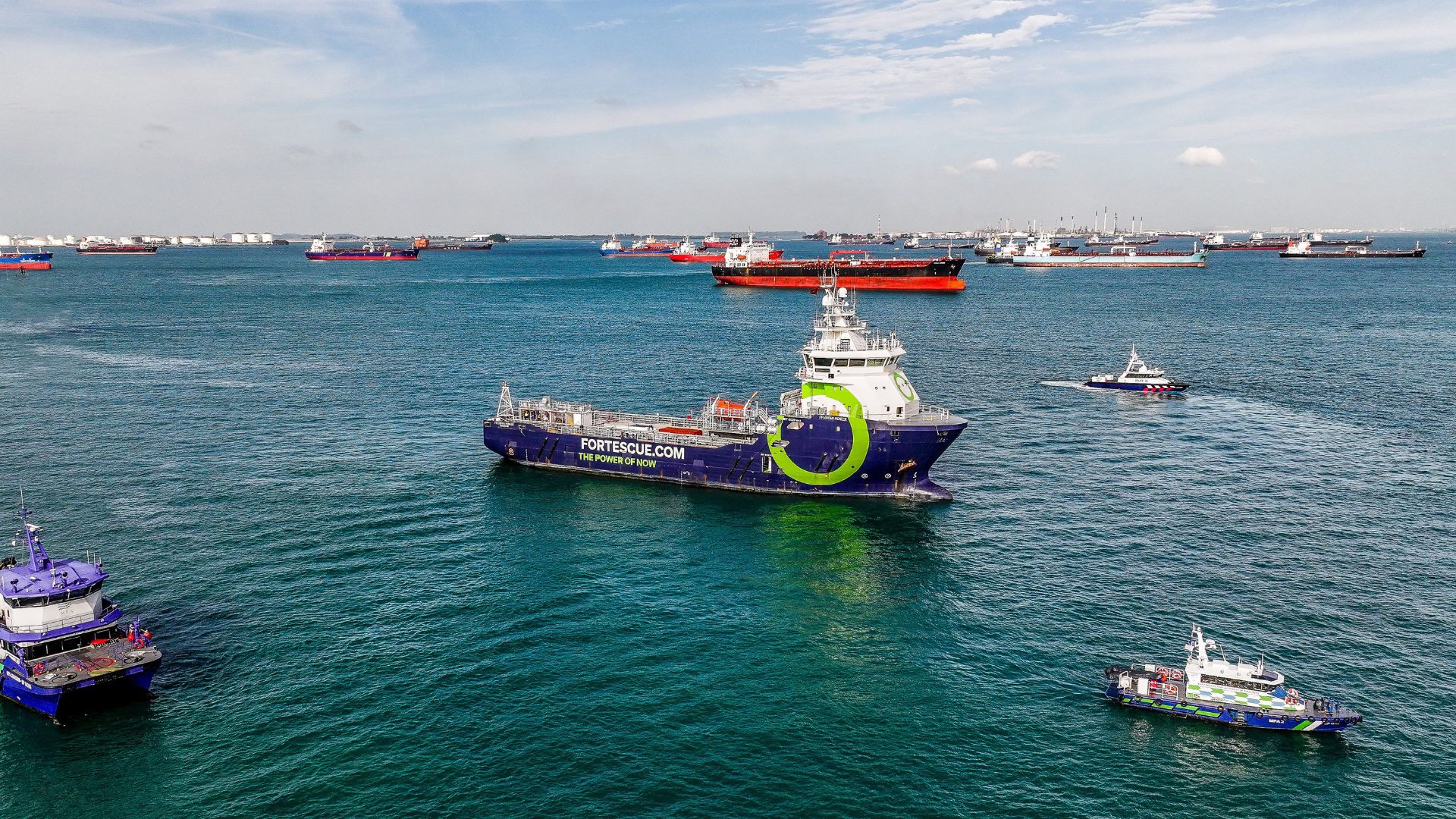What a difference a day makes.
A day after the announcement of the mega merger between tanker giants Frontline (“FRO”) and Euronav (“EURN”), there were rumblings that some of the EURN shareholders (tied to the Saverys family- the largest shareholders in the company) were vocally opposed.
The source of their discontent? Seemingly, it was not so much the money angle. Rather, it was the decarbonization angle; apparently, the younger generation of the Belgian shipping family had visions of re-branding EURN as a leader in driving the fuel-tech charge deep into shipping (rather than simply shuttling around cargoes of fossil fuels).
For example, a company backed by the Saverys family’s private company, Compagnie Maritime Belge, or “CMB” for short, had backed a venture to deploy hydrogen fueling stations around Antwerp. Another CMB venture was set to produce “green ammonia,” frequently touted as a possible fuel of the future for shipping. Not so coincidentally, in Q2 2021, Euronav, the public company, had ordered a pair of VLCC’s from S Korea’s Samho shipyard for 2023 delivery that were described as “ammonia ready”.
At the previous week’s finance sessions at the Connecticut Maritime Association, decarbonization—a big component of ESG (Environment, Social, Governance)—had been discussed. In one of the finance panels, Evan Uhlick, Det Norske Bank (DNB) Senior Vice President and Head of Ocean Industries North America, speaking about debt markets, had said: “US energy names, in particular have been able to access the high yield markets, which I view as quite positive, but also as a continuation of the theme that we’ve seen, which is the 2019 to 2020 era really overshot on ESG. And hydrocarbons are the devil. And I think we’ve walked back a lot of that.”
Still, investors across all industries want better information on emissions; in the week prior to the end March CMA event, the U.S. Securities and Exchange Commission (the SEC) had issued 500+ pages of draft regulations on climate-related disclosures (included in the E part of ESG) disclosures by listed companies across all industries.
Some of the larger shipping companies have made efforts to disclose their emissions, albeit outside of the rigid SEC reporting structure. At a subsequent CMA finance panel, looking more closely at ESG and its impact on shipping investment, James Doyle, the Corporate Development/Investor Relations Officer at product tanker specialist Scorpio Tankers (NYSE: “STNG”) said: “What I think that shipping companies want to do is increase their ESG transparency.” He went on to explain that: “But the challenge is that there is no framework to do it.” He said that “Recently, we reported under the SASB (Sustainability Accounting Standards Board) standard, which we think is going to be the way forward for us, and hopefully others…currently we are working with Intertanko (the International Association of Independent Tanker Owners) on some components to develop a better reporting framework.”
Talking about the new proposals from the SEC, Mr. Doyle said: “The best thing it does is that it highlights the needs for standardized formatting.” He added: “It does come with challenges- forecasting [emissions] will involve a considerable amount of work.”
Another panel member, Ms. Alisa Praskovich, Vice President of Sustainability at privately-held Crowley Maritime, described an army of interns working on a baseline estimate of the company’s emissions. Mr. Doyle’s views on what investors are after mirrored those of DNB’s Mr. Uhlick (who had appeared on a different panel).
“When it comes to investors,” Mr. Doyle said, “we’ve seen a lot of attention over ESG, specifically over the past two years- we’ve seen an increase in fund mandates for ESG. But more recently we’ve seen a little bit of a transition.” In citing activist investors who forced Board changes at oil major Exxon, he said: “Originally, they came out focusing on pure play green companies…recently, they’ve changed their narrative and their strategy to look at brown companies…with a plan to decarbonize over time.”
Though the Euronav/Frontline battle, where there could be much drama still to come, may seem far removed from SEC proposals on reporting on listed companies’ climate impacts (among other items), it represents a different front, in a much larger war. For now, shipping companies must tussle with (or maybe do a dance with- it’s hard to tell sometimes) external investors whose views on decarbonization may differ from those of shipping industry’s capital consuming behemoths.
Editorial Standards · Corrections · About gCaptain

 Join The Club
Join The Club










